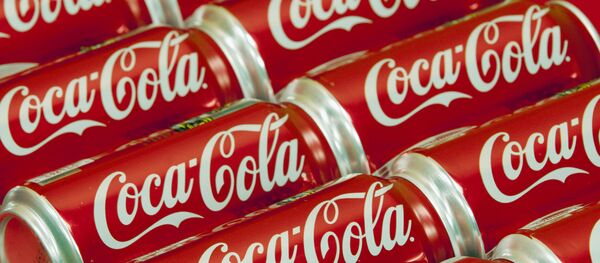The tax, which went into effect October 1, institutes a 50 percent tax on soda and a 100 percent tax on energy drinks and tobacco products. UAE shoppers allegedly stocked up on drinks and tobacco products a day before the tax was implemented.
Figures from the World Bank reveal that in 2015, almost one in five people in the UAE between the ages of 20 and 79 had Type 2 diabetes. In addition, trends in 2015 reveal that diabetes prevalence in the UAE is increasing at a faster rate than the rest of the world due to sedentary lifestyles and unhealthy diets. The International Diabetes Federation predicts that by 2020, the diabetes prevalence rate in the UAE could more than double.
The new tax comes after the crash in global oil prices in 2014 strained the economies of the UAE and other oil-rich Gulf nations. The UAE is planning a five percent value-added tax (VAT) on various goods in January in an effort to boost the economy. The other five members of the Gulf Cooperation Council — Bahrain, Kuwait, Oman, Qatar and Saudi Arabia — have also all agreed to implement the same VAT next year, AP reported.
Other places have tried establishing similar taxes on sodas. Philadelphia instituted a 1.5 cent-per-ounce soda tax at the beginning 2015. However, researchers noticed that the revenue generated and the positive health effects from the tax were underwhelming, the Inquirer reported.
A study in Berkeley, California, revealed that a one-cent-per-ounce soda tax in 2015 resulted in a 10 percent decline in the sale of sugar-sweetened drinks. However, the study did not have enough data to make any conclusions about the effects of the tax on health.
A 2013 study at Stanford University, which analyzed data from 175 countries over the last 10 years, showed that food supplies high in sugar were correlated with increased Type 2 diabetes rates.





